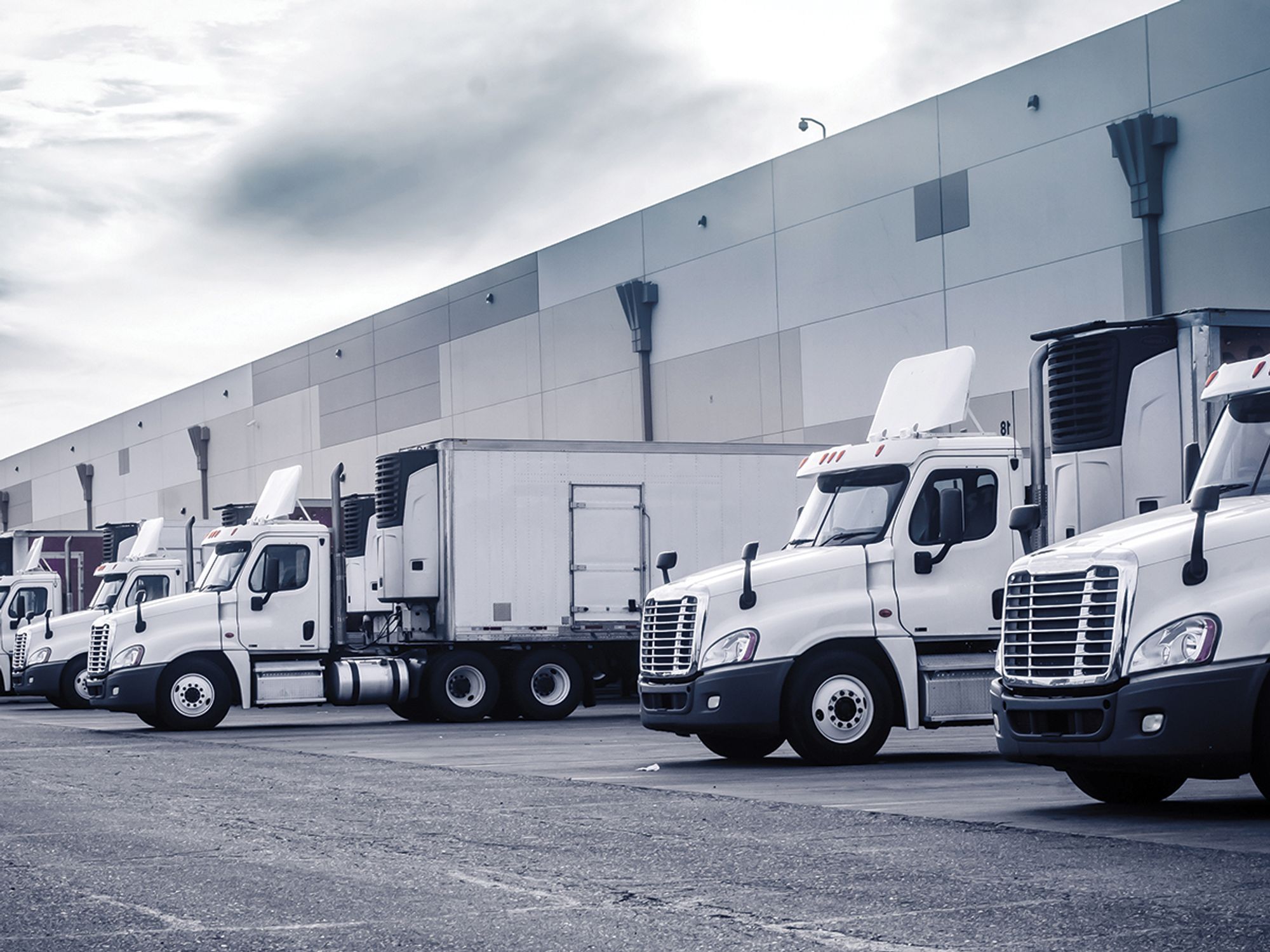Is a lease right for me?

Leasing vehicles is seen by some as an alternative to purchasing. Reasons for selecting leasing over purchasing include:
- Tax advantages to some business units.
- Asset control — minimize assets.
- Constant equipment replacement.
- Transportation (and investment in transportation assets) is not part of the company’s core business.
- Desire to outsource all vehicle issues (maintenance, replacement decisions, etc.).
- Capacity flexibility.
One of the main disadvantages to leasing is at the end of the lease the carrier has not gained an asset. Carriers typically have the option to purchase the vehicle at an adjusted price at the end of the lease, but they do not own it.
Many carriers do not lease because they desire to own the assets, while private carriers many times lease to avoid having assets that are not part of their core business. Private carriers may also not want to build the necessary structure to support the fleet as this may not be part of their core business. In this case it is easier to outsource all vehicle concerns through leasing.
“Why lease when you can own?” has long been the thought exhibited by commonsensical and prudent fleet managers when debating the truck lease versus buy decision. Based on current economic conditions, the opposite can now be argued. Rising fuel costs, increasing shortages of drivers and technicians, and excess capacity with for-hire carriers create increasing risks for fleet managers.
Truck leasing can often reduce these business risks. When considering a truck lease versus buy decision, consider the following questions:
- What is the cost of your time for managing fleet maintenance operations?
- Does your company have the buying power to purchase necessary parts and supplies for truck upkeep?
- What is the real cost of tying up your working capital in equipment and maintenance?
- Would off-balance sheet accounting through full-service truck leasing help your financial picture?
- Are you in a position to risk the resale value of trucks in a volatile market, or would it help your business to have the guaranteed residual value that fleet leasing offers?
- Can you afford to train and maintain an adequate repair and maintenance facility, have your work done as needed on the road at a greatly increased cost, or is it more beneficial to have a pre-established system for vehicle upkeep in place?
- Would having premium equipment at a reduced cash outlay have a positive effect on driver turnover?
Full service leasing programs, especially for smaller fleets, can become a workable option. This thought is shared by many fleet managers, regardless of their size, as the vehicle safety technology and demands for cleaner running trucks dictate the industry’s priorities. This will make managing the maintenance overhead even more difficult.
Your costs for all these services may be totally deductible at tax time. Check with your accountant for accuracy before making your decision.
Use your cash to your benefit. Rather than sinking more money into equipment whose value has now depreciated beyond the actual value of the original loan, use this cash instead to position the company for future needs that offer a better return on its investment. Allow the leasing companies to make their investments in new trucks and maintenance. If your business plan includes growth through expansion, most all leasing companies will assist you by offering their vehicles and maintenance facilities through their nationwide system and at a lower cost per unit.
Rules and regulations. Along with the training to repair the new engines which run on alternate fuels, electric only, or are hybrid diesel-electric trucks, the leasing companies have also invested to remain compliant with government mandates. Environmental changes, fuel tax reporting, federal, state, and local regulations have a tendency to get more complex every year. A full service leasing company takes on these additional costs and responsibilities.
Driver retention improvement. One of the main reasons drivers leave one motor carrier for another, oddly enough, is not for wages. Home time and quality of equipment are two top issues drivers quote when asked.
Leasing newer equipment could have significant effect on the quality-of-equipment complaint.
What if I don’t lease. Maybe financing is the best option. Financing the purchase will be a carrier by carrier decision. In some cases the carrier may get the best package directly from the manufacturer. In other cases the best financing option may be a financing company that specializes in financing carrier equipment. Finally, the carrier may receive the best financing package from the bank or financial company that is already financing other portions of the company.
Remember to consider all costs when reviewing financing packages. Interest, interest over time, payment fees, loan charges, and other fees all need to be considered.
